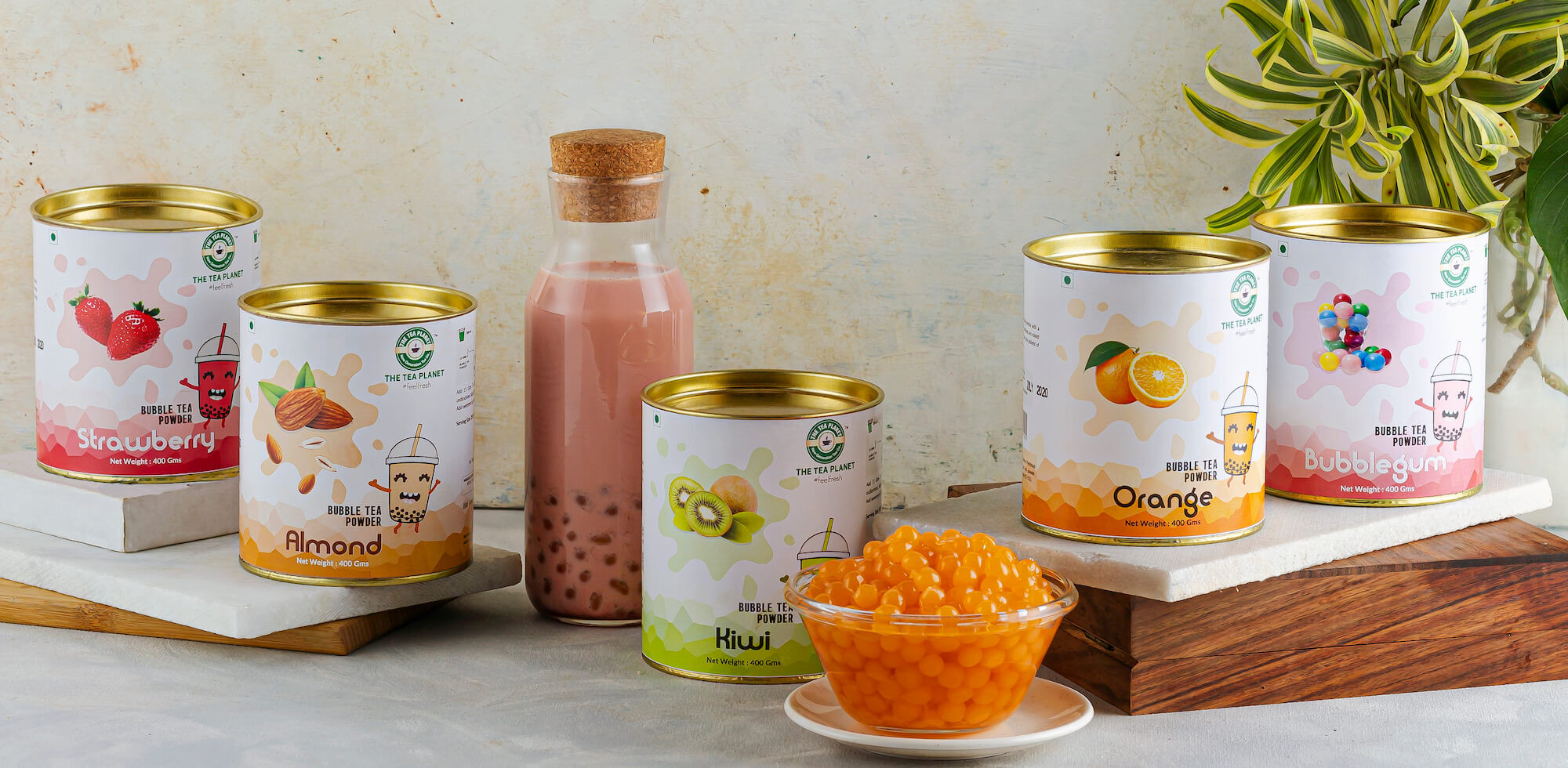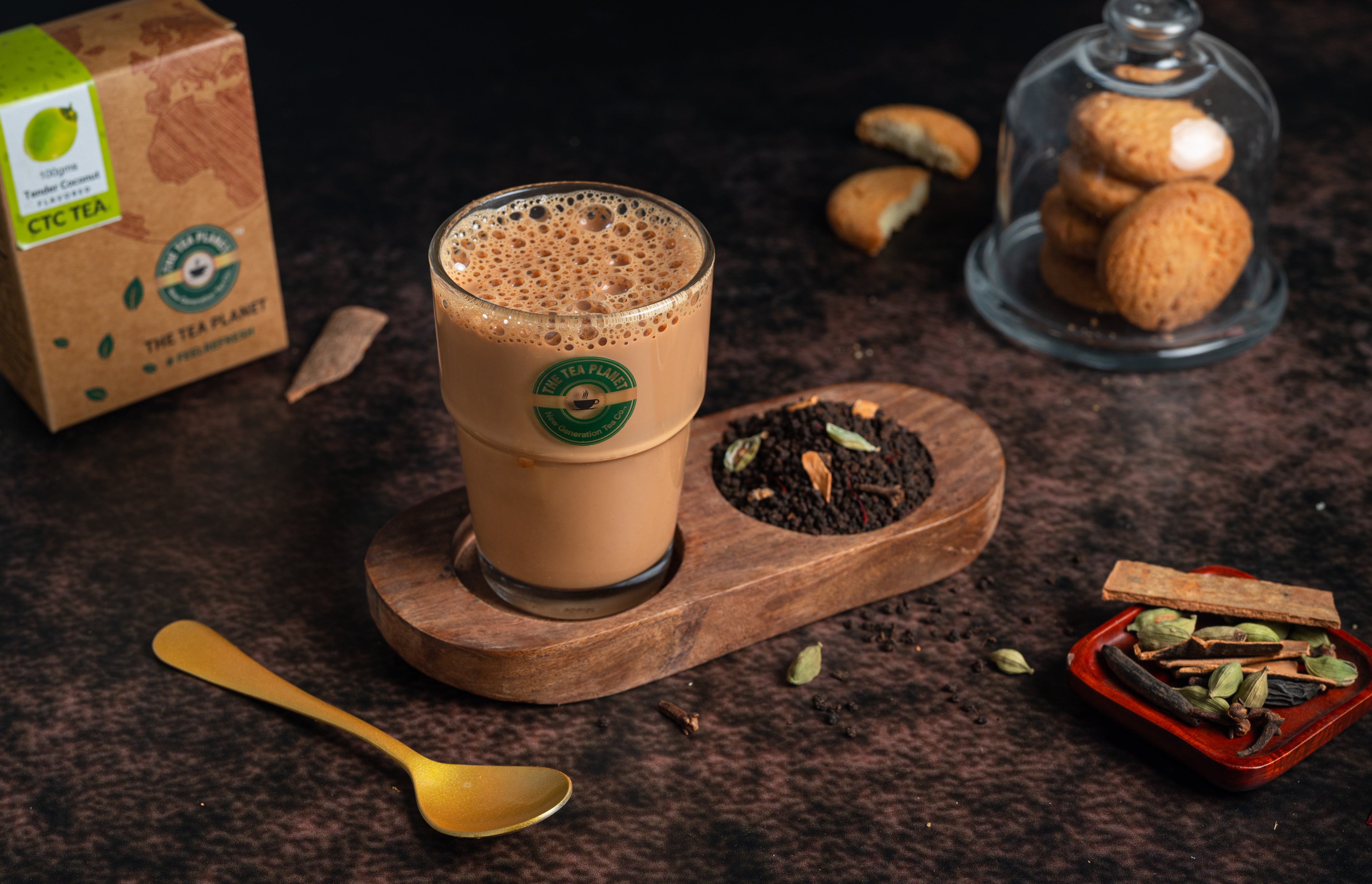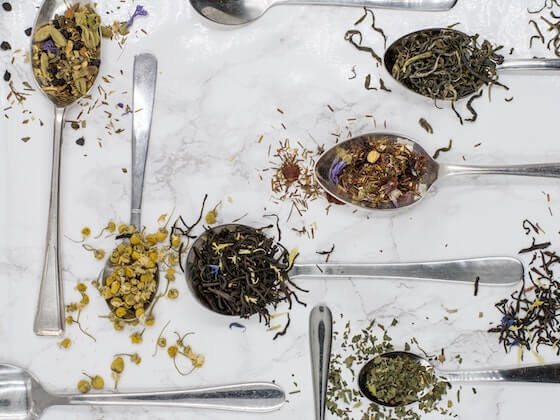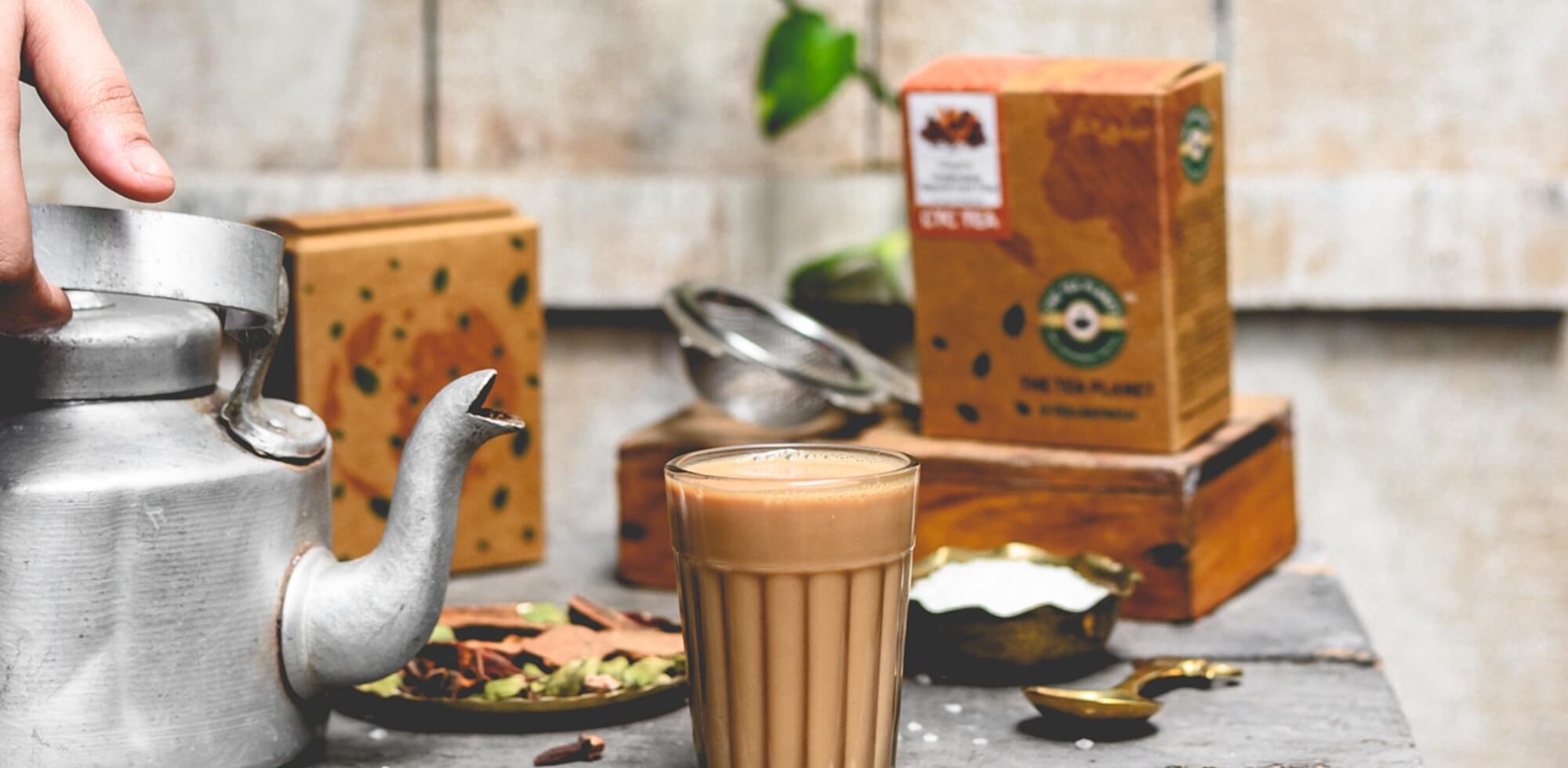It's no mystery that tea is beneficial to your health. Tea has long been a staple of traditional medicine, and many Asian countries regard it as a cure-all. For ages, the Chinese and Japanese have used this tea to boost their health. It's even marketed as a treatment to alleviate cold and flu symptoms in Western medicine.
Tea has several advantages beyond simply making you feel better while you're unwell. Tea use can help preserve the brain, boost heart health, and even prevent certain cancers. Here, we'll go over all of the health benefits of drinking tea, so you can curl up with your favorite mug and sip your way to better health.
Tea is one of the most widely consumed drinks on the planet. True teas and herbal teas are the two main types of tea. Flavored teas are also available, which combine a real tea base with herbal infusions.
True teas are prepared from the leaves of the Camellia sinensis tea plant. Green tea, white tea, oolong tea, Pu-erh tea, and black tea are among the teas available. While each of these teas is created from Camellia sinensis leaves, the color and flavor differences are due to the manufacturing technique.
True teas, such as green and white tea, are those that have undergone the least amount of processing. These teas haven't been oxidized in any way. To avoid the chemical reaction that turns the leaves dark brown or black, the leaves are picked and dried. As a result, these teas keep their natural green color and are among the healthiest teas available.
Oolong tea is only partially oxidized, whereas black tea is oxidized. Pu-erh tea is a post-oxidized tea that has matured. True teas provide a variety of health benefits, but they're not quite as good as green tea. The caffeine level in real teas varies depending on the variety and method of production.
Herbal teas are created by steeping a variety of plants' fruits, roots, herbs, leaves, and stems in hot water. Herbal tisanes are another name for herbal teas. Because they contain diverse components, these teas have health advantages that are distinct from real teas. Ginger tea, peppermint tea, and chamomile tea are some of the most popular herbal drinks. Caffeine is not present in herbal teas.
Here are some benefits to this miracle beverage:
-
It is good for your heart.
Tea use appears to reduce the incidence of serious heart diseases, such as heart attack and blood clots, according to recent research, including animal trials. Tea has anti-inflammatory qualities that aid in the healing of artery tissue. This reduces the chance of inflammation, which can impede blood flow and cause clotting.
Tea drinking may also aid in the reduction of high blood pressure and cholesterol levels. People who consumed four cups or more of green tea per day had a 32% lower risk of heart attack and considerably lower levels of harmful LDL cholesterol, according to one study.
- Increases Energy
Green tea has a small amount of caffeine in it, which might help you feel more energized. Green tea is a fantastic choice for people who want to reduce their caffeine intake due to its low caffeine content.
L-theanine, an amino acid found in green tea, contributes to its energy-boosting qualities. Caffeine absorption is slowed by this amino acid. As a result, green tea's energy boost lasts longer and is more consistent than a cup of coffee. You'll have more focus and energy without the jittery side effects or crash that comes with caffeine. L-theanine also boosts alpha waves in the brain, which helps with focus while also providing calming and relaxing effects.
- It may promote weight loss.
Because of its chemical composition, green tea may aid in weight loss. Green tea includes amino acids that tell the body to burn fat that has been accumulated. Green tea's caffeine boosts your energy levels, allowing you to get more done in less time.
These advantages are particularly pronounced in people of Asian descent, according to studies. Other ethnic groups may see improved weight reduction numbers as well, albeit to a lesser extent than others.
Green tea extract is a well-known weight-loss supplement that claims to help you lose weight faster. Green tea extract is nothing more than condensed green tea leaves. You can get the same weight-loss advantages from drinking green tea as you would from taking a supplement.
- It helps with mental health.
Tea consumption has been associated with a reduced risk of neurological disease and a reduction in stress levels. Green tea use has also been demonstrated to help prevent cognitive decline caused by brain diseases including Parkinson's and Alzheimer's. Tea has inherent relaxing properties that can help you relax and unwind after a long day.
Antioxidants in tea help to avoid oxidative stress, which can harm healthy cells. Tea's antioxidants combat free radicals produced by pollution and other factors that can lead to oxidative stress. Dementia and depression have been linked to oxidative stress. Antioxidants also aid in the removal of pollutants from the body that might cause mental health issues. Tea drinkers have been demonstrated to have less stress and better overall health.
- Helps with Digestion
Tea aids digestion and can be used to cure a variety of ailments, including nausea, upset stomach, and diarrhea. Ginger tea is a herbal drink that has long been used to relieve stomach discomfort in China and India. Gingerol and shogaol are substances that assist to soothe the stomach lining and avoid vomiting. The high quantities of antioxidants and menthol in peppermint tea can assist in ease an upset stomach.
Tea also includes tannins, which have been demonstrated to help reduce inflammation in the intestine. This can aid in the relief of stomach pains and the treatment of irritable bowel syndrome.
You're sure to discover a tea flavor you like, whether you favor green tea or herbal tea bags. Explore the earthy and vegetal flavors of genuine teas, or switch it up with herbal teas' floral, citrus, spicy, and fruity flavors. As long as you're sipping tea, that is. This delicious elixir will undoubtedly enhance your health.
















